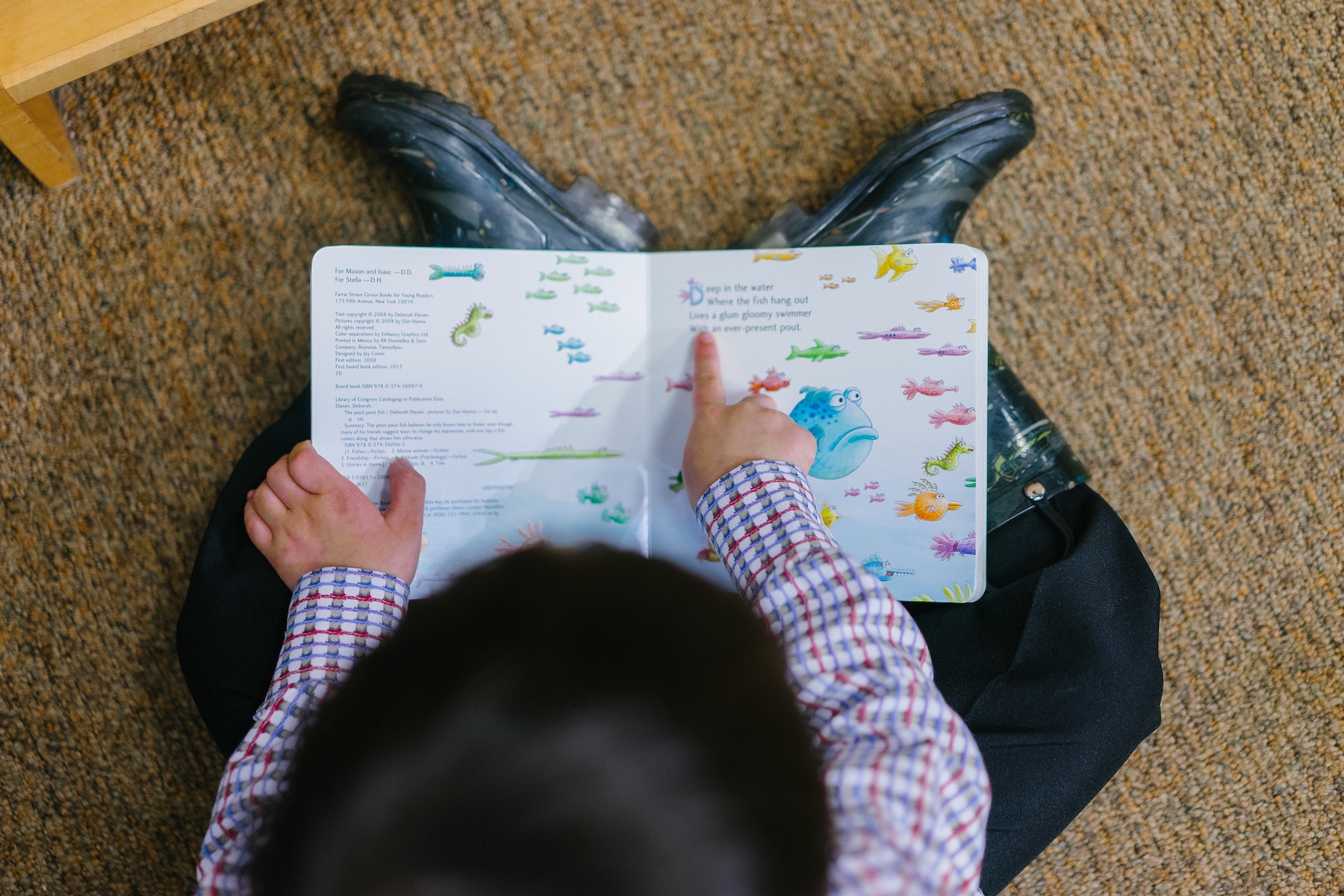
“The world is my oyster!”
I’m fairly certain Shakespeare was around the age of fifteen when he first wrote this phrase. I haven’t fact-checked that tidbit of trivia, but it makes a lot of sense to me. It’s a phrase to describe the feeling of someone who’s young, healthy, has no commitments, and is free to do exactly as they want. So, basically, that’s every tenth grader ever.
Sophomores are in the best phase of their lives. They have new levels of independence, freedom, and mobility. They’re solidly assimilated into the social culture of high school. And yet, they have comparatively little responsibility for their financial needs, serious concerns over academic achievement, or anxieties regarding the future.
Tenth graders live in the here-and-now. They see the world as new, fresh, full of possibilities, and brimming with opportunities. They feel they are ready for every experience life has to offer. Why not? The world is their oyster.
As exciting as that may sound, many parents living with a teenager in this phase may use a different oyster metaphor to describe it—that it’s like being forced to eat a raw one. I’m not a big fan of eating raw oysters. Sure, I realize some people love them—but I cannot get my brain (or tongue) around the concept of slurping down something that looks like a gigantic phlegm ball in a shell.
For some of us who have parented fifteen-year-olds, the Tenth Grade Phase may seem like nothing more than the “Really-Bad-Idea Phase.” Because sophomores see the world as their oyster, they often move full-speed ahead, fueled by eager “Why nots?” I know. I’ve parented through it . . . three times.
The risks and dangers of their fearlessness often collide into the exploration of the “Big Ds” of drinking, drugs, dating, and driving. That makes for some pretty valid reasons why parents may find this oyster unpalatable. But resist the temptation to overly-focus on the negative—the risks, the dangers, and the absolutely crazy behaviors of your sophomore. Why? Because when you allow your fear to become your focus, you cut yourself off from sharing in the sheer joy of life your tenth grader is experiencing.
You have a tremendous opportunity this year to shape the life of a budding adult. But if you want to have influence, now is the time to shift your parenting to become a coach. Just remember athletes play the game and coaches coach. Your sophomore doesn’t need (or want) you to live life for them, making their “in-game” decisions. But they absolutely need you to be “all-in” in terms of your commitment to being a great coach!
So this year, set healthy behavioral expectations and consequences. Offer plenty of space for them to make their own age-appropriate decisions. Be consistently present in their successes and failures. And most of all, become a liberal dispenser of affirmation, encouragement, grace, forgiveness, and love. When you take advantage of the divine opportunities for conversation and affirmation, this phase can be your best phase in parenting. The world is your sophomore’s oyster. Help them find their pearl.
– Doug Fields
Executive Director of HomeWord’s Center for Youth and Family, Co-Founder of Download Youth Ministry, and Author of more than 50 books.
Parenting Your Tenth Grader
A concise and interactive guide that simplifies what you need to know about sophomores in general and gives you a place to discover more about your tenth grader—so you can make the most of this phase.
You know which families are most likely to host high school parties on a Friday night, and you might be in one of the best phases of your child’s life. THIS THE PHASE WHEN EVERYONE ELSE CAN . . . , NOBODY ELSE HAS TO . . . , AND YOUR RESOLUTE TEEN WILL PUSH YOU TO ANSWER, “WHY NOT?”
Don’t have an tenth grader? We’ve got a book for every age at phaseguides.com.





